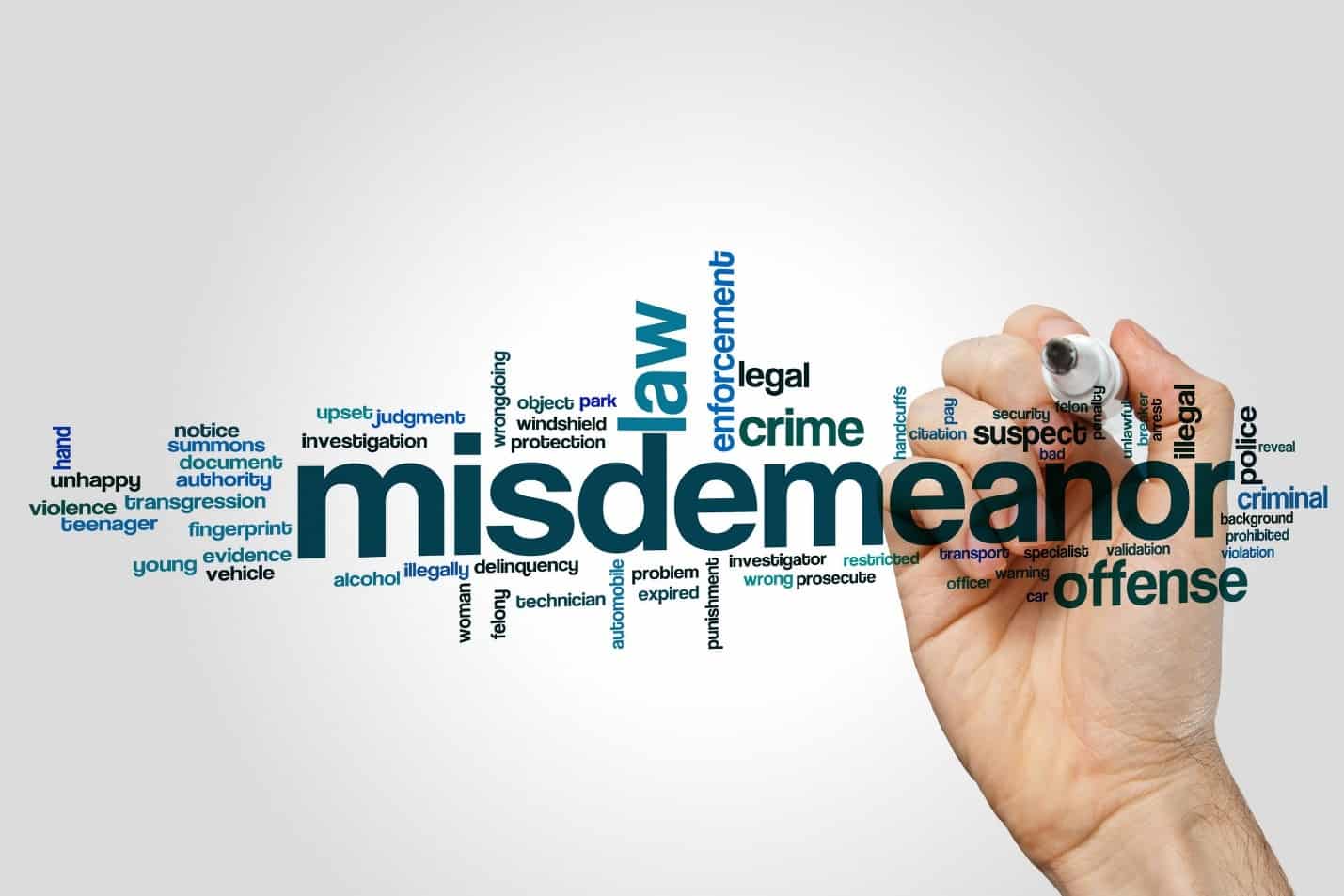Colorado Theft Laws: Penalties and Defense Strategies
July 1, 2025

Your Guide to Understanding Colorado’s Child Abuse Laws
Were You Caught Up in Colorado’s Extra Halloween DWI Enforcement?
Posted by: Jacob E. Martinez
Category: Fraud
Have you ever reported more hours on your timecard or invoice than you worked? Have you ever taken a longer lunch than usual, but recorded it as if it was the normal length?
You may not think those “white lies” could get you in trouble with Colorado law. However, technically speaking, if your employer or client chooses to push the issue, you could potentially get slapped with fraud for something as seemingly minor as padding your hours.
Here’s what you need to know about the laws on fraud in Colorado.
An individual who commits fraud gains from the act of fraud, either directly through money or property, or indirectly through rewards or bonuses. Normally, fraud is committed with the goal of direct financial gain.
For an act like padding hours to qualify as fraud, the following factors must be true:
Specifically, padding hours falls under the category of making a false statement or claim. This occurs when an individual uses foreknowledge and intent to do one of the following actions:
Again, these acts of fraud must cause financial or economic loss to the plaintiff for a fraud case to be filed.
Here are several examples of how “padding hours” can show up as fraud.
A charge of fraud for padded hours can be made by an employer, client, or government agency, depending on the situation.
There are many other forms of fraud in the Colorado statutes. Here are some examples under the categories defined by law.
Forgery, Simulation, Impersonation, and Related Offenses
Fraud in Obtaining Property or Services
Fraudulent and Deceptive Sales and Business Practices
Bribery and Rigging of Contests
Offenses Relating to the Uniform Commercial Code
Financial Transaction Device Crime Act
Equity Skimming and Related Offenses
Identity Theft and Related Offenses
As you can see, Colorado law includes many types of fraud, including several that aren’t even listed here. If you have been accused of committing fraud, you need a skilled criminal defense attorney to help you understand the charges you are facing and what defense strategy is likely to work best.

Let’s say you have been convicted of a class 1 misdemeanor. You will face six to 18 months in prison and fines of between $500 and $5,000. The good news is that those are the suggested penalties, and an experienced Colorado criminal defense lawyer may be able to negotiate a lesser sentence – or even get your charges dropped altogether.
Don’t let one incident of padding your hours land you in jail. Make an appointment today to discuss your case with a seasoned attorney who can help you defend your reputation.
About the Author:
Denver-based criminal defense and DUI attorney Jacob E. Martinez is a knowledgeable and experienced litigator with a record of success providing innovative solutions to clients facing criminal charges of any severity. Mr. Martinez has been designated a Top 100 Trial Lawyer by the National Trial Lawyers and has been awarded both the Avvo Client’s Choice Award and Avvo Top Attorney designation, evidencing his reputation for his exemplary criminal and DUI defense work and high moral standards.
Jury Trial - Not Guilty
Jury Trial - Not Guilty
Arapahoe 1st Degree Assault/Vehicular Assault
Jury Trial - Not Guilty
Denver Domestic Violence Assault Case
Jury Trial - Not Guilty
Denver D.V. Assault
Jury Trial - Not Guilty
Denver Careless Driving Resulting in Death
Jury Trial - Not Guilty
Jefferson County Felony Menacing
Jury Trial - Not Guilty
Adams County DUI
Jury Trial - Not Guilty
Jefferson County DUI
Jury Trial - Not Guilty
Jefferson County DUI
Jury Trial - Not Guilty
Jefferson Vehicular Assault/DUI
Jury Trial - Not Guilty
Jefferson County DUI
Jury Trial - Not Guilty
Boulder County DUI case
Jury Trial - Not Guilty
Arapahoe County DUI case
Jury Trial - Not Guilty
Adams County DUI case
Jury Trial - Not Guilty
Douglas County DUI case
Jury Trial - Not Guilty
Gilpin County DUI case
Dismissed
Broomfield County Probation Revocation case
Dismissal
Arapahoe County DUI case
Deferred Judgment
Arapahoe County DUI case
Deferred Judgment
Douglas County DUI case
Deferred Judgment
Larimer County DUI case
Deferred Judgment
Arapahoe County DUI Case
Deferred Judgment
Denver Felony Burglary Case
Deferred Judgment
Arapahoe County DUI case
Dismissed
Arapahoe County Protection Order Case
Dismissed
Golden Destruction of Property case
Dismissed
Jefferson County Protection Order case
Dismissed
Jefferson County Domestic Violence case
Dismissed and Sealed
Jefferson County DUI case
Dismissed
Denver Major Traffic Offense case
Dismissed and Sealed
Broomfield County Domestic Violence case
Dismissed
Summit County DUI Revocation
Dismissed
Denver DUI Revocation
Dismissed
Denver DUI Revocation
Dismissed
Denver DUI +.2 Involving Accident and Injury case
Dismissed
Denver DUI/Habitual Traffic Offender case
DISMISSAL
Denver District Aggravated Theft
Dismissed
Greenwood Village Assault case
Dismissal
Elbert County DUI
Dismissed
Arapahoe County Domestic Violence case
Dismissal
Jefferson County DUI
Dismissal
Denver Municipal Assault
Dismissed
Boulder County Domestic Violence Assault case
Dismissed
Wheat Ridge Assault case
Dismissed
Jefferson County DUI case, with 2+ Prior Convictions
Dismissed
Arapahoe County Domestic Violence case
Dismissed
Broomfield County Domestic Violence case
Dismissed with No Charges Filed
Jefferson County Felony Theft case
Dismissed
Arapahoe County Felony Theft case
Dismissed
Boulder County Felony Theft case

